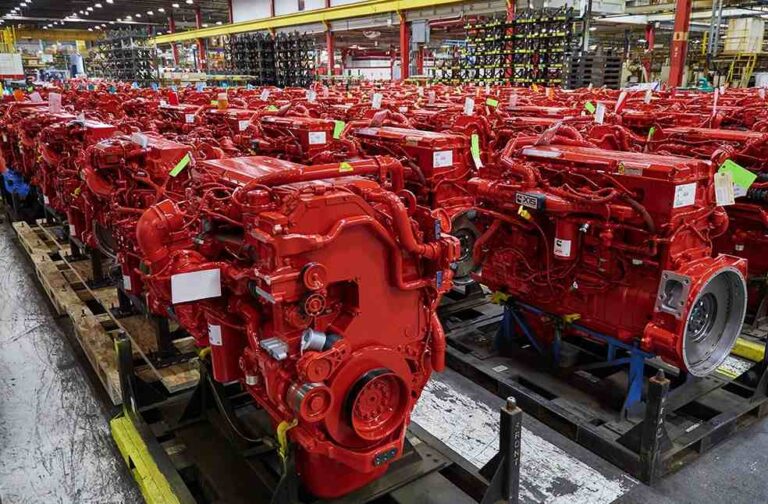Cummins, a prominent US engine manufacturer, has agreed to a staggering $1.67 billion settlement with the Justice Department. This decision comes after allegations that the company installed defeat devices in numerous pickup truck engines, bypassing emissions controls.
Civil Fine Under the Clean Air Act
This fine marks the largest civil penalty ever under the Clean Air Act, which mandates compliance with emissions standards for vehicle and engine manufacturers. The Justice Department’s enforcement of this act underscores its commitment to upholding environmental and public health standards.
Allegations Against Cummins
Accusations against Cummins centered on the use of defeat devices in engine systems. These mechanisms, whether in hardware or software form, can deactivate or evade emissions controls. The primary focus was on engines used in nearly one million RAM pickup trucks since 2013. Stellantis, the manufacturer of these trucks, directed queries to Cummins. Cummins, meanwhile, claims no evidence of malicious intent and does not admit any wrongdoing.

Cummins’ Response and Financial Impact
Cummins has already recalled specific models like the 2019 Ram 2500 and 3500 trucks and is preparing for further recalls. The financial impact of the settlement is significant, with anticipated one-time costs amounting to $2.0 billion, subject to court approval.
The Company’s Position
Eager to close this prolonged chapter, Cummins is focused on attaining finality through this settlement. Despite the allegations, the company stands by its position of not acting in bad faith.
Environmental Regulations
Attorney General Merrick Garland reinforced the Justice Department’s resolve to stringently uphold environmental laws. He pointed out the dire health and safety implications of Cummins’ devices, linking them to an increase in harmful nitrogen oxide emissions, which pose long-term respiratory risks.

Comparative Perspective
This settlement ranks as the second most substantial environmental penalty, surpassed only by the $20 billion BP agreement for the Deepwater Horizon oil spill in 2015. It also brings to mind the Volkswagen ‘Dieselgate’ scandal of 2015, where emissions control-defeating software was uncovered.
This development in the Cummins case represents a pivotal moment in automotive industry regulation. It highlights the essential balance between corporate responsibility and governmental oversight in protecting public health and the environment.
DON’T MISS | BYD Launches Hungary’s First EV Factory: Job Surge, Green Tech Boom





